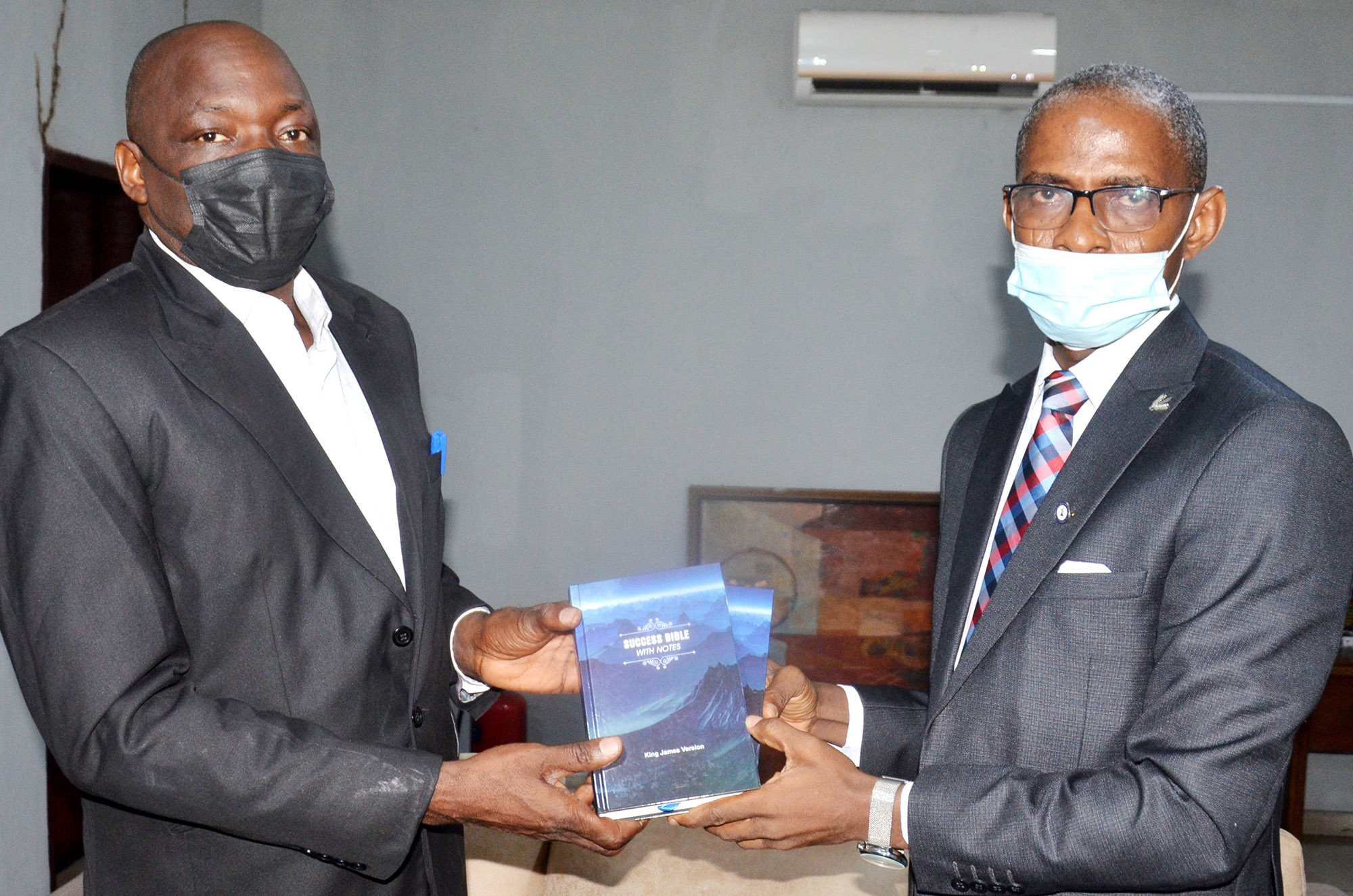Business
Economists Tell CBN To Review Forex Ban On 40 Items

An economic think-tank, the Centre for the Promotion of Private Enterprise (CPPE), has advised the Central Bank of Nigeria (CBN) to review its ban on some of the over 40 items which the regulator has stopped importers from accessing foreign exchange to bring into the country.
Economists at the centre also said there was a need for the CBN to review its foreign exchange policy in 2022 with a view to improving dollar liquidity in order to rescue the ailing naira and help industries to grow.
The group disclosed this in its economic and business environment review for 2021 and agenda for 2022, a copy of which was obtained by The Tide.
According to the CPPE, there is a need for the CBN to engage stakeholders as its current forex policy regime is negatively affecting investors, manufacturers and other stakeholders.
The CPPE said, “In the bid to reduce the pressure on foreign reserves, the CBN had excluded over 40 items from access to foreign exchange in the official window.
“Some of the products on this list are intermediate products for some manufacturing firms which have negatively impacted some manufacturers. It would be advisable for the CBN to have a robust engagement with the stakeholders to review this list in the New Year”.
It advised the CBN to adopt a flexible exchange rate policy regime, and allow the pricing mechanisms to reflect the demand and supply fundamentals in the foreign exchange market.
It said, “Our proposition is that we should adopt a flexible exchange rate policy regime. We would like to clarify that this is not a devaluation proposition.
“Rather, it is a pricing mechanism that reflects the demand and supply fundamentals in the foreign exchange market. It is a model that is sustainable, predictable and transparent. It is a policy regime that would reduce uncertainty and inspire the confidence of investors.
“It is a policy framework that would minimise discretion and arbitrage in the foreign exchange allocation mechanism. A flexible exchange rate regime is a policy choice adopted to cope with changing demand and supply conditions in the forex market”.
According to the centre, adopting a market rate would deepen the autonomous foreign exchange market by liberalising inflows from export proceeds, diaspora remittances, multinational companies, donor agencies, diplomatic missions, and others.
It added that a flexible exchange rate would enhance liquidity in the forex market, increase investors’ confidence, and ensure a more transparent model for forex allocation.
Also, the CPPE said the Cash Reserves Requirements imposed on Nigerian banks by the CBN is one of the highest globally, adding that it is a major impediment to financial intermediation by banks.
According to the organisation, some of the banks have a CRR of 50 per cent and more against the official CRR of 27.5 per cent.
It said, “Yet, financial intermediation is supposed to be the major function and essence of the banking system. The high CRR has made it difficult for the banks to play their primary role of financial intermediation. Their profitability is also adversely impacted because of limited room for credit creation activities.
“Indeed, the ways and means finances of the apex bank pose greater liquidity risk to the economy than bank deposits. We therefore seek a reduction in CRR so that the banks can be better placed to play their primary role of financial intermediation in the economy”.
The CPPE blamed the rising inflation in the country on challenges of infrastructure, rising insecurity, climate change, low productivity in agriculture, monetisation of fiscal deficit, and depreciation of the naira.

